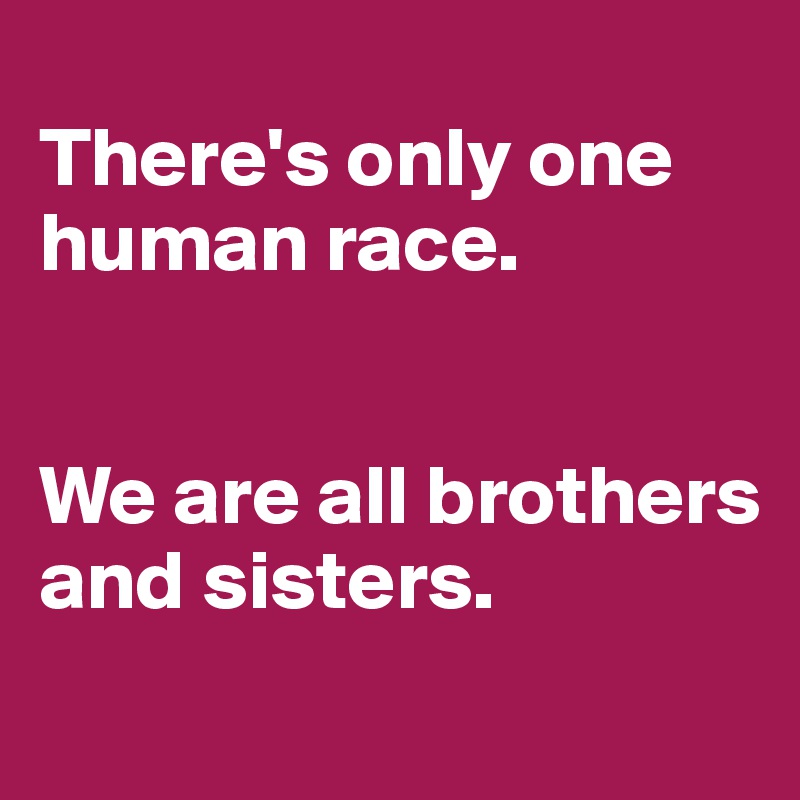The South Korean government has announced plans to reverse the ban on abortions imposed in 1953 and revise the law to permit abortion.
In response to this news item, a scholar in 'matters of life' gives the readers of the Catholic Peace Weekly something to think about in her article in the 'diagnosis of the time' column.
Recently, she was moved by the words of a graduate student on the subject of "Constitutional Nonconformity Decisions on Abortion and Afterwards". The student strongly criticized the church's insignificant response and compromised attitude on the subject. In other words, the church is not to compromise but must be a light to the world showing the right path to follow. When she heard this, her conscience was very uncomfortable, but at the same time, it was exciting because it made clear that the church was not doing its job and a young person noticed it.
Abortion is by no means an easy topic. The present and future of the pregnant woman and the fetus are directly connected, a challenge continuing to be discussed all over the world. The reason for thinking of abortion as a challenge is that, we take a compromising attitude in the prevailing current of society, our conscience becomes very uncomfortable and confused. This confusion and complexity are addressed by St. John Paul II in section 58 of the Gospel of Life:
"Today, in many people's consciences, the perception of its gravity has become progressively obscured. The acceptance of abortion in the popular mind, in behavior and even in law itself, is a telling sign of an extremely dangerous crisis of the moral sense, which is becoming more and more incapable of distinguishing between good and evil, even when the fundamental right to life is at stake. Given such a grave situation, we need now more than ever to have the courage to look the truth in the eye and to call things by their proper name, without yielding to convenient compromises or to the temptation of self-deception."
Again, when you speak, say 'yes' to say' yes', and say 'no' to say 'no'. Remind them of the Gospel saying that more than that is from evil (Matthew 5:37). Our conflict comes because we are halfway between 'yes' and 'no', trying to escape the criticism and pressure of the world. Acceptance of abortion in our society is viewed as a worldly trend, not followed, we are considered weird, unreliable, and sometimes even considered traitors to society, especially to women. From this distorted view, we think that changing the law will greatly contribute to solving the problems of female pregnancy and childbirth.
Also, the movement to respect the life of the fetus is considered disregarding the reality of women. However, this attitude follows the past structure of 'strong against the weak' and the sin that was tolerated against women for many years and now used against the fetus. "The moral conscience of society in a way is responsible, not only because it tolerates or fosters behavior contrary to life, but also because it encourages the 'culture of death', creating and consolidating actual 'structures of sin' which go against life" (Gospel of Life, Paragraph 24).
We need 'courage to look directly at the truth', and through this, we will be able to clearly see what our church, as well as our society, should do. The South Korean Constitutional Court on April 11, 2019, ruled the ban on abortion unconstitutional and ordered the law's revision by the end of 2020. Consequently, the right to life of the fetus was seriously infringed, and the government should ask calmly what it is doing to legally protect the life of the fetus.
Also, the reason why abortion is prevalent in our society is the lack of respect for life. As a result, the idea of respect for pregnant women and all women is inevitably unsatisfactory. We must save both lives, not just the life of the fetus. This is the direction that law and society should go. Each of our church members should not be an exception in this attitude.




